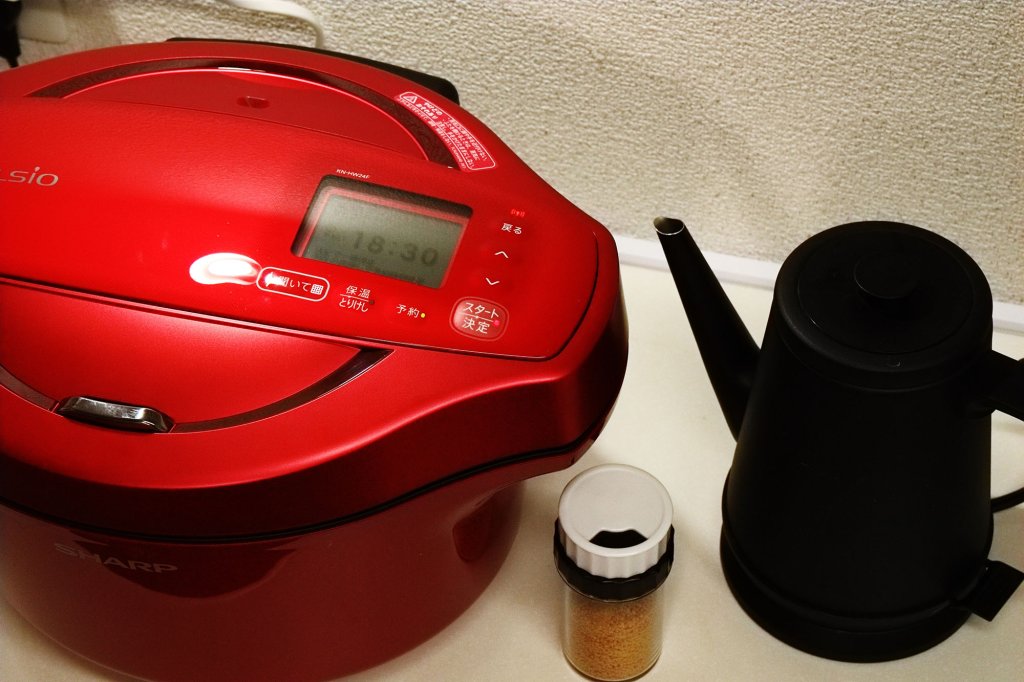
The humble slow cookers has been a mainstay in many households for decades and have garnered a reputation as a practical and reliable cooking companion. But is it really worth the hype? Let's delve into the benefits, versatility, and cost-effectiveness of slow cookers to determine whether they truly a worthwhile investment.
One of the most compelling arguments in favor of a slow cooker is its remarkable convenience. The set-it-and-forget-it nature of these devices means you can toss in your ingredients, adjust the settings, and leave it to work its magic while you tend to other tasks or even head out for the day. This hands-off approach to cooking is a game-changer, especially for busy individuals juggling work, family, and other commitments.
Furthermore, slow cookers excel at transforming tough cuts of meat and inexpensive ingredients into tender, flavourful dishes. The low and slow cooking method allows flavors to meld and intensify over time, producing hearty stews, succulent roasts, and mouthwatering soups. The tenderisation of meats and enhanced flavour profiles make slow-cooked meals not only delicious but also a budget-friendly option for economical home cooks.
Versatility is another feather in the slow cooker's cap. From hearty chili to creamy risotto and even decadent desserts, these kitchen wonders can handle an impressive range of dishes. Slow cookers are ideal for batch cooking, allowing you to prepare large quantities of food that can be frozen and enjoyed later, saving both time and effort in the long run.
Slow cookers are also energy efficient, consuming significantly less electricity compared to conventional ovens or stovetops. Their low wattage and extended cooking times result in minimal power usage, translating to cost savings on energy bills. As a result, slow cookers not only conserve energy but also contribute to a reduced environmental footprint.
The health-conscious will appreciate the benefits of slow cooking, as the long, gentle cooking process retains more nutrients in the ingredients compared to traditional cooking methods that involve higher temperatures. The moisture-sealing lid of a slow cooker prevents essential vitamins and minerals from evaporating, ensuring that your meals are as nutritious as they are delicious.
However, there are some potential downsides to slow cookers. While the convenience and hands-off approach of slow cooking are undeniable, certain dishes might require additional steps or finishing touches to achieve desired textures or flavors. In some cases, browning or searing ingredients before slow cooking can enhance the overall taste and appearance of the dish.
Moreover, the slow cooker's lengthy cooking times might not always align with fast-paced schedules and a certain amount of organisation and forward-planning is needed to get the most out of this appliance. If you don't like to be constrained by meal-planning and prefer improvising in the kitchen, you may find that you won't get enough use out of a slow cooker to be worth the investment. While the extended cooking process contributes to tender and flavorful results, it may not always fit snugly into busy routines that demand quick meal preparation. In such cases, planning ahead or using a programmable slow cooker with a delay-start feature can be beneficial.
With the ability to transform simple ingredients into delectable meals, conserve energy, and retain nutrients, slow cookers can be a valuable addition to any kitchen. While they may not be the best tool for every dish, slow cooker can become a go-to kitchen companion, making it easy to create a wide variety of healthy, flavourful dishes.